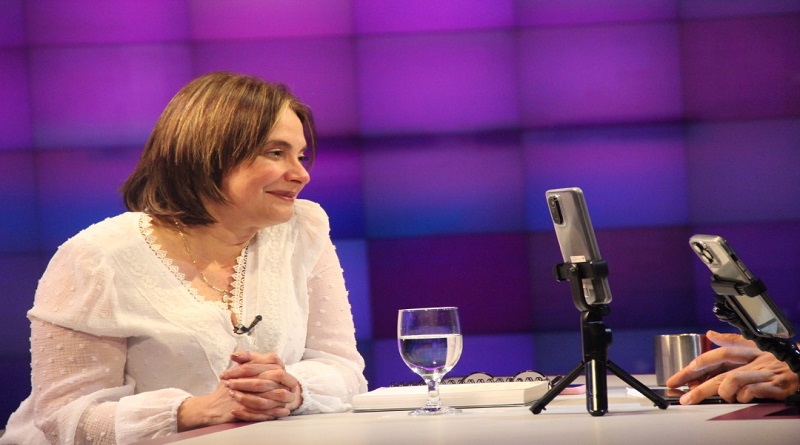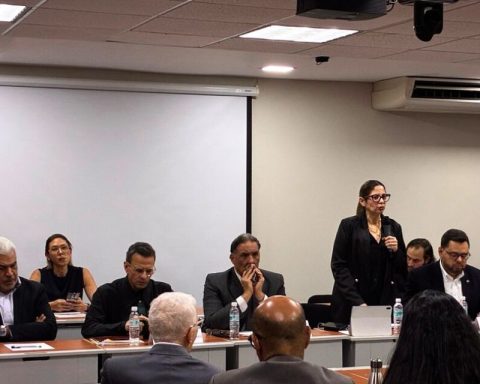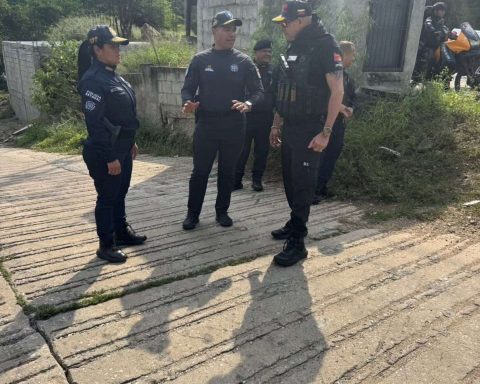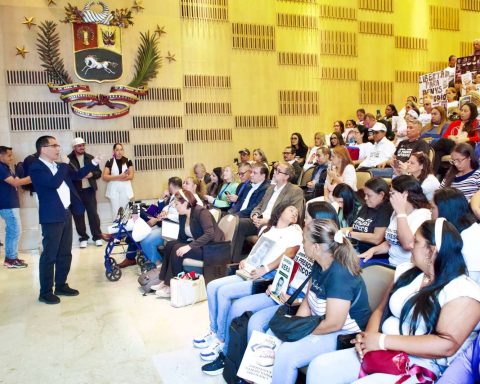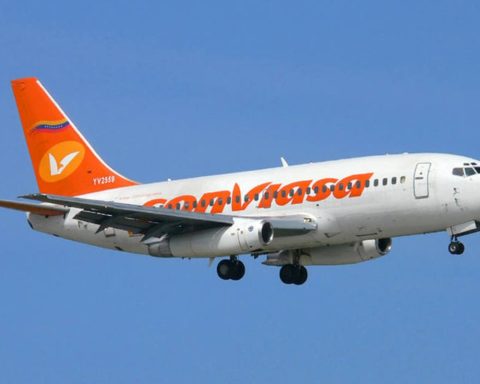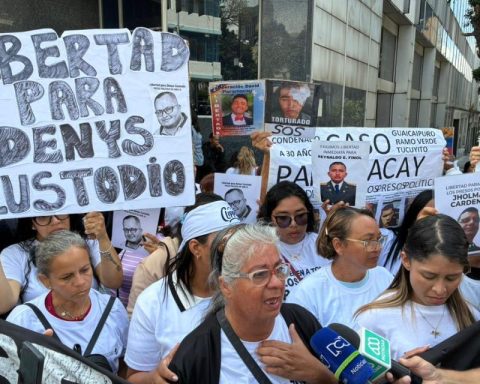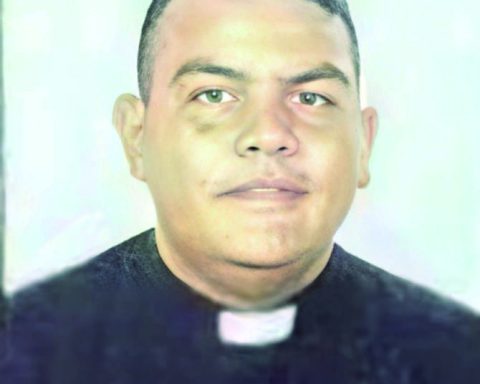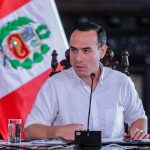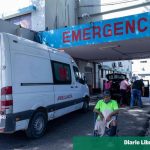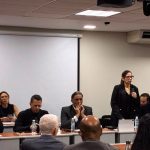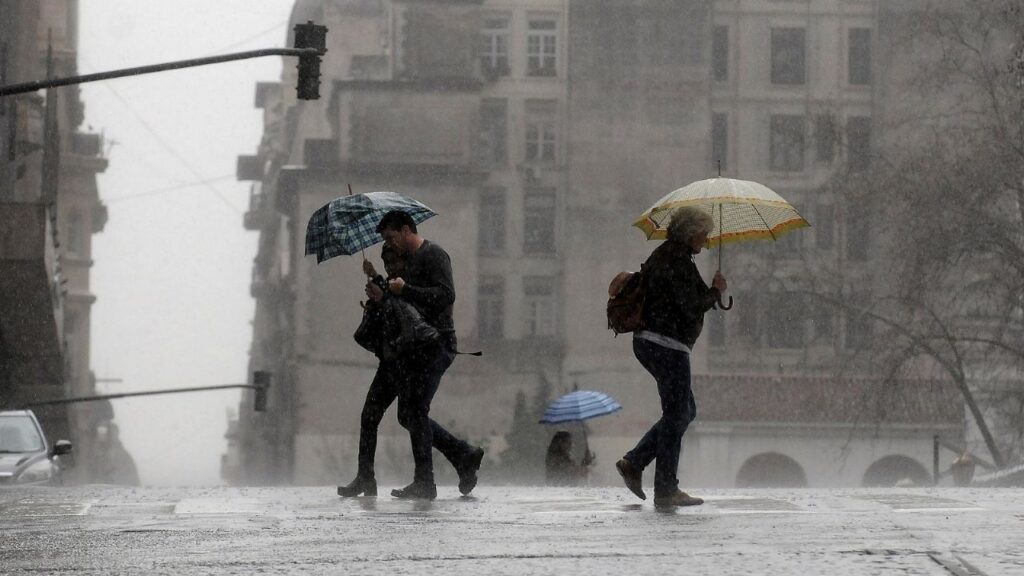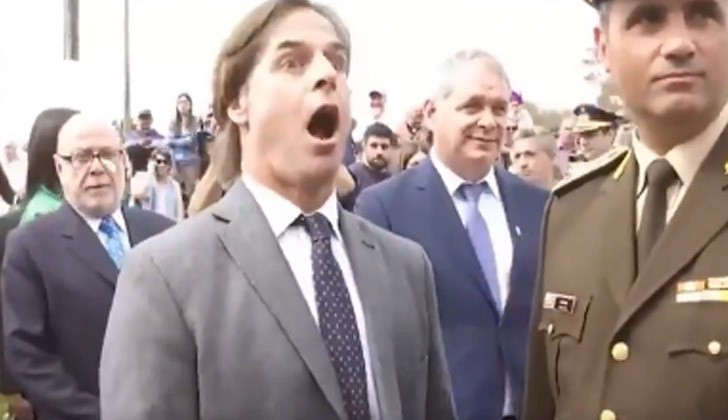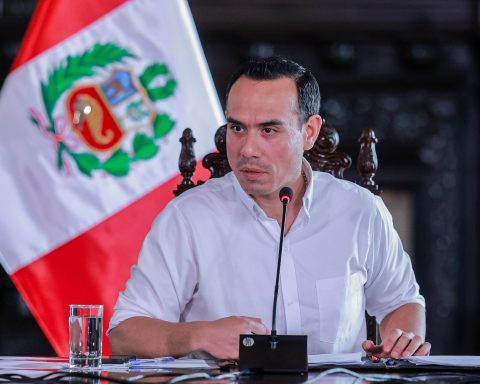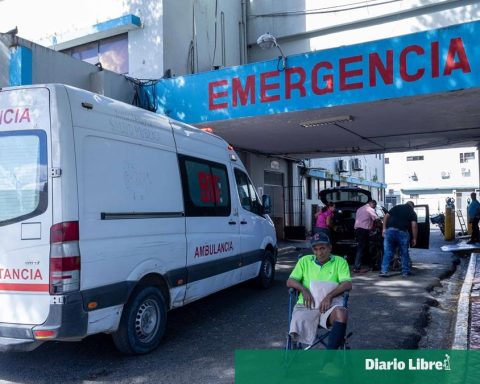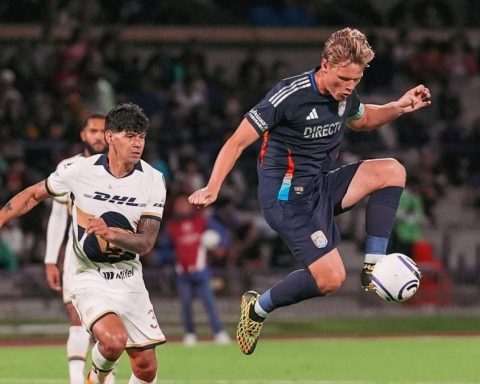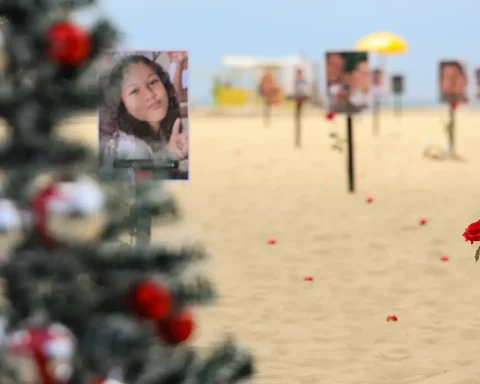With the consent of the Head of State, the Presidential Scientific Council was created to address seven strategic areas in the country: health, food, transportation, energy, telecommunications, oil, petrochemicals and water, for which there are 200 scientific-technological projects in execution For your attention.
The Sectoral Vice President for Science, Technology, Education and Health, Gabriela Jiménez Ramírez, announced, who highlighted the creation of the Regional Scientific Councils, instances created in the states of the country, with the support of local authorities, the capacities of universities and research centers, to respond to the communities.
“They are promoting the organization of a council that accompanies the Government to generate dynamics in the creation of knowledge, innovation and technology to empower us and seek solutions from the territory,” he asserted.
Likewise, he mentioned that the Ministry of Popular Power for Science and Technology has national calls for research projects, we have just closed a call for innovation, in the field of “software”, with more than 1,200 registered, to develop technological platforms in open data that allow us to meet the country’s digital transformation needs.
During the program “A Pulso”, which is broadcast by Venezolana de Televisión, he said that two weeks ago the call for research in Social Sciences, which has to do with Afro-Latin American identity, “accompanied research in Social Sciences” began.
The also Minister of Science and Technology, commented that they maintain permanent calls in the health area, with more than 25 strategic research lines; In addition, it has some 150 lines of research as part of the Presidential Scientific Council.
He explained that there is a permanent call for Research and there is a National Technological Innovation Plan.
Likewise, he highlighted that there is a National Registry of Researchers in the National Observatory of Science and Technology, where researchers register and upload their research projects as part of the priorities, defined by the Presidential Scientific Council, “to guide the capacities , wills and the technological infrastructure available in the country to solve the problems».
“We organize ourselves with the will of the research people, who have knowledge and build from the communal fact,” said Jiménez.
Diploma for Scientific Journalism
Regarding the informative area, the Sectoral Vice President announced that a diploma course for Scientific Journalism is currently being taught, which will facilitate the tools for communication of what is being done with national science and technology.
«In Venezuela, we promote an approach to scientific research with a different, decolonial perspective. A model of growth from our identity, territoriality and sonority », she emphasized.
VTV/LAV/LL
